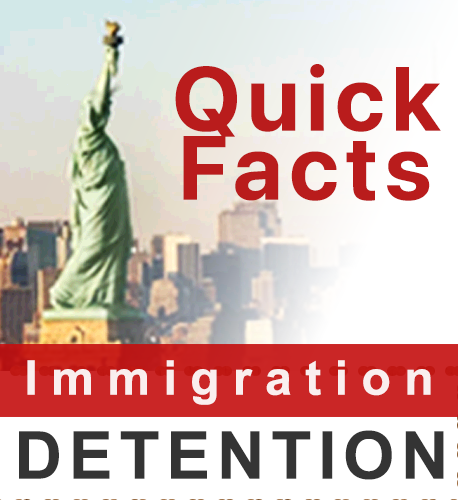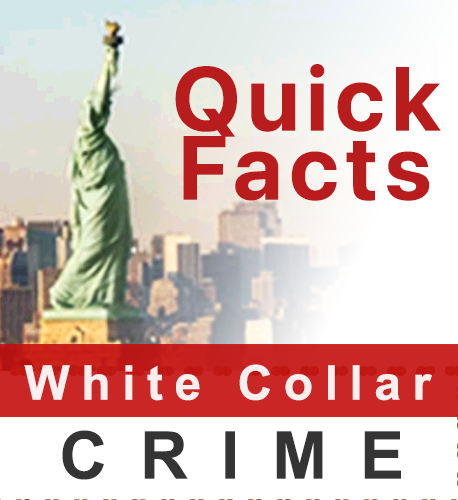TRAC's New Home
Our trac.syr.edu public website has migrated to a new home. We have migrated the main areas, including all of our immigration reports and immigration data tools that were on our public website, but we are still working on migrating some areas which prove to be more challenging. These will take a bit more time to get up and running properly. So expect to encounter broken links, and some things not yet being available. But rest assured we will be adding what still needs to be fully migrated as soon as we can.
What's New
Quick Facts




